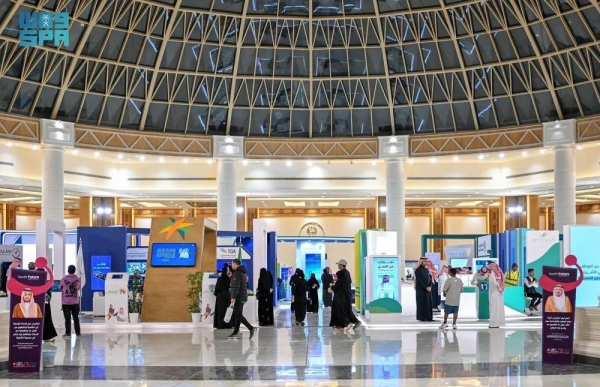
The Lebanese government has not yet found its way out of a crisis engendered by the employment of thousands of people in public institutions, currently considered an immense burden on the State Treasury.
Although Lebanon promised at a Paris conference last year to cut its budget deficit, fight corruption, spot wasting economic resources and kick off administrative and financial reforms, the country now faces worsening economic conditions, especially after the cabinet hired new employees at the public sector, especially before the parliamentary elections of May 2018.
Economic experts said the only way to exit the crisis starts with the non-renewal of contracts of those new employees and the annulment of fake contracts from which people linked to some leading political parties benefit.
Rabih Al Haber, a Lebanese pollster and the Managing Director of Statistics Lebanon, told Asharq Al-Awsat that the employment of new employees placed a significant burden on the State Treasury.
“It is now difficult to get rid of such problem,” he said.
Haber uncovered that the salaries of 5,000 new employees cost the government around LL6 billion ($4 million) a month or the rate of $48 million per year.
“The solution to this problem should come in a courageous choice to annul the decision that allowed the employment of any person after a public sector hiring freeze introduced in July 2017 in an attempt to reduce state expenditure,” he said.
Currently, Parliament’s Finance and Budget Committee launched a probe into illegal hiring in the public sector.
The committee already held five sessions to look into the employment of thousands during the freeze phase but has not come yet with a final report on the matter.
“We are still discussing the file, and we expect to present our final report to the General Authority of Parliament,” Nicholas Nahas, the committee’s rapporteur, told Asharq Al-Awsat on Wednesday.
Economic expert Dr. Sami Nader said the government should not renew the contracts of employees hired following the freeze decision introduced in 2017.
“Is it possible that 10 percent of Lebanese work in public institutions, while in France, the rate is less than 4 percent,” Nader wondered to Asharq Al-Awsat.
The government currently stands at a crossroad: It fears that not renewing the contracts of those employees could lead to street protests but it is also concerned about the consequences it could engender on the entire financial sector, making it difficult for them to justify the state deficit in front of the international community.









